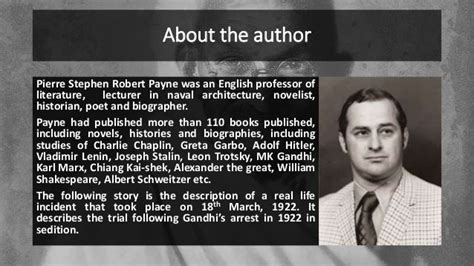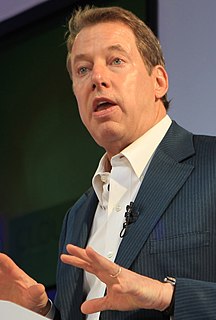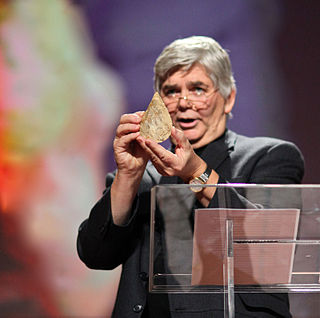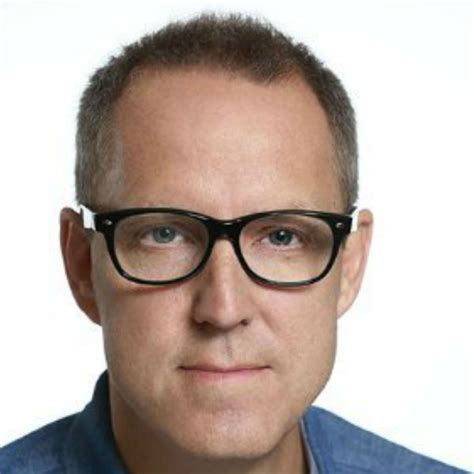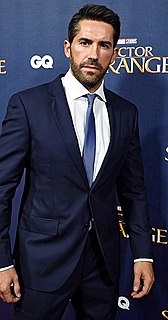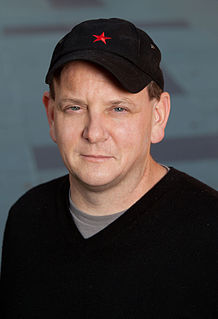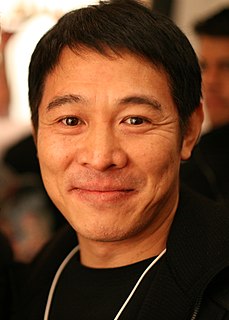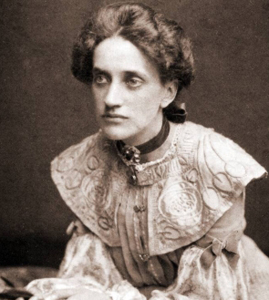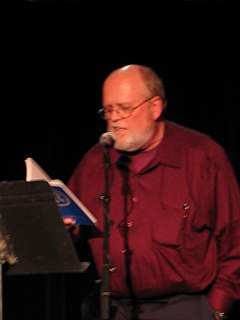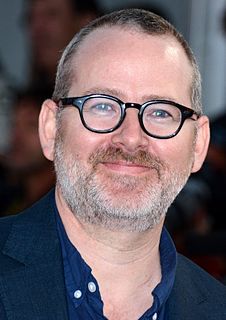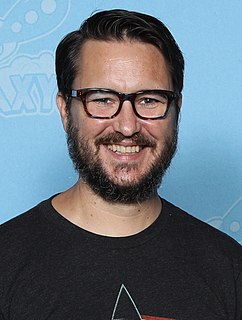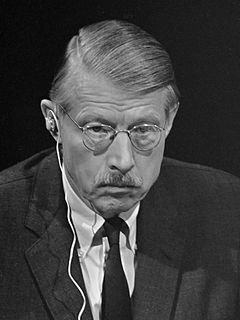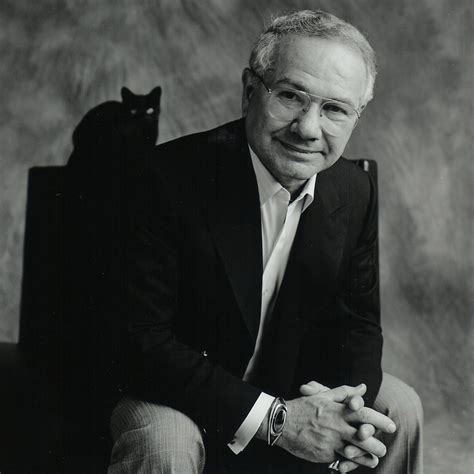Top 1200 Language Arts Quotes & Sayings
Explore popular Language Arts quotes.
Last updated on April 20, 2025.
Dancing and building are the two primary and essential arts. The art of dancing stands at the source of all the arts that expressthemselves first in the human person. The art of building, or architecture, is the beginning of all the arts that lie outside the person; and in the end they unite. Music, acting, poetry proceed in the one mighty stream; sculpture, painting, all the arts of design, in the other. There is no primary art outside these two arts, for their origin is far earlier than man himself; and dancing came first.
The rapidly evolving global economy demands a dynamic and creative workforce. The arts and its related businesses are responsible for billions of dollars in cultural exports for this country. It is imperative that we continue to support the arts and arts education both on the national and local levels. The strength of every democracy is measured by its commitment to the arts.
Miles and I had been looking to do a martial arts show for some time. Our first two movies that we wrote were "Lethal Weapon 4" and "Shanghai Noon" with Jackie Chan. Then we sort of got pulled into the superhero world, but then you look around at what's not on television and there wasn't really a martial arts shows. There are shows that do martial arts to a degree, but there's not a martial arts show.
The clerical work is par for the course. "Keep on file in numerical order" means throw in wastebasket. You'll soon learn the language. "Let it be a challenge to you" means you're stuck with it; "interpersonal relationships" is a fight between kids; "ancillary civic agencies for supportive discipline" means call the cops; "Language Arts Dept." is the English office; "literature based on child's reading level and experiential background" means that's all they've got in the Book Room; "non-academic-minded" is a delinquent; and "It has come to my attention" means you're in trouble.
Literature and the other arts play with pattern - our brains understand our world by recognizing patterns - and with possibility. The arts harness our sharpest senses, sight and sound, and our richest ways of understanding, in language and narrative. They were our first schools before schools were ever invented. They develop our imaginations, extend our possibilities, and deepen what we can all share.
Language designers want to design the perfect language. They want to be able to say, 'My language is perfect. It can do everything.' But it's just plain impossible to design a perfect language, because there are two ways to look at a language. One way is by looking at what can be done with that language. The other is by looking at how we feel using that language-how we feel while programming.
We believe we can also show that words do not have exactly the same psychic "weight" depending on whether they belong to the language of reverie or to the language of daylight life-to rested language or language under surveillance-to the language of natural poetry or to the language hammered out by authoritarian prosodies.
The arts are not a frill. The arts are a response to our individuality and our nature, and help to shape our identity. What is there that can transcend deep difference and stubborn divisions? The arts. They have a wonderful universality. Art has the potential to unify. It can speak in many languages without a translator. The arts do not discriminate. The arts lift us up.
The arts, instead of quaking along the periphery of our policy concerns, must push boldly into the core of policy. The arts are a response to our individuality and our nature and help to shape our identity. The arts are not a frill and should not be treated as such. They have the potential to become the driving force for healing division and divisiveness.
The advantage of the gypsy language, even though I don't understand it that much, the language is perfect melody. So if you propose the movie the way I do, then the language is just one part of the melody. Orchestrating all inside, and the language is following the meaning of what they say, and it's never the same as written.
One way to think about what psychedelics are is as catalysts for language development. They literally force the evolution of language. You cannot evolve faster than your language because the language defines the culture of meaning. So if there's a way to accelerate the evolution of language then this is real consciousness expansion and it's a permanent thing. The great legacies of the 60's are in attitudes and language. It boils down to doing your own thing, feeling the vibe, ego-trip, blowing your mind.
It took a pretty drastic moment to shift my thinking towards visual arts. I got to a moment in my writing career when I wasn't trusting the language, I was really not trusting the written language, the English language. How do you work with a material that you don't have trust in? I had to step away from it and find another way of articulating and I had to do it without words.
I majored in drama and theater arts at Columbia and was always in acting studio, but that was a liberal arts degree, not a bachelor of arts degree, so I didn't have a traditional conservatory training. There was a lot of reading and a lot of writing involved, and only about 30 percent of my classes were directly theater-related.
It's now up to the states to figure out how they implement that definition of a well-rounded education, in other words, where they spend federal funds. The new law, the Every Student Succeeds Act, has suggestions like computer science, health, foreign language and geography. So there's no guarantee the arts will now flourish. Arts advocates are ready to help states and school districts with their plans.


